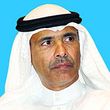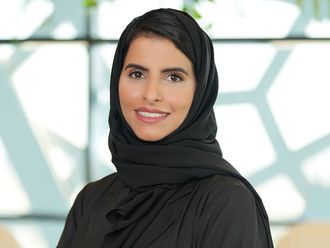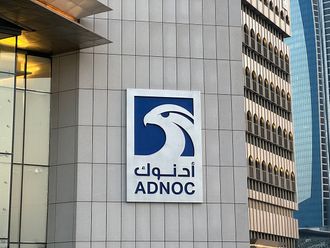
The BRICS summit scheduled for October in Kazan, Russia, will be held in a significantly altered context compared to previous editions. The bloc has been reinforced by the addition of five economically and geopolitically significant countries, including three Arab states, and thus expanding its membership to ten.
This follows Argentina's recent decision to withdraw its application after the recent elections held in that South American nation.
In addition to the new members, several others have applied for accession, and these are expected to be reviewed in future BRICS meetings. The activation of BRICS institutions, such as the BRICS Development Bank, which has already begun financing projects in member countries, will further amplify its growing influence.
The BRICS Development Bank is to emerge as a significant competitor to other global financial entities, potentially prompting changes to their operational conditions, which are often influenced by political considerations.
In its recent meeting in South Africa, the Bank approved a new financing mechanism that diverges from traditional approaches. This mechanism aims to address funding gaps that impede development efforts, support sustainable development, and enhance collaboration between public and private sectors.
In addition to its current member states, the BRICS Development Bank has received mandates from countries outside the group, including Algeria, Bangladesh, and Uruguay, to join. This expansion will globalize the bank's operations and significantly enhance its financing capabilities.
The UAE's accession is particularly noteworthy due to its status as a major global trade and financial hub. Joining the BRICS Development Bank will bolster the group's position in global trade and finance.
Saudi Arabia's inclusion will also bring substantial weight to BRICS, thanks to its oil reserves and geopolitical influence, thereby strengthening the group's role in the global energy landscape. Egypt’s presence will enhance the group's logistical and trade capabilities, while the accession of Iran and Ethiopia will contribute to the group's strategic and economic significance.
The upcoming BRICS summit will be highly significant, positioning it on par with meetings of the G7 and other major organizations like the International Monetary Fund and the World Bank.
With the accession of new countries, the BRICS' contribution to global GDP, trade, and finance is set to increase significantly.
The BRICS Development Bank, headquartered in Shanghai, China – and the world's second-largest economy—will benefit from the economic significance of Russia, India, Brazil, and South Africa.
This indicates that the world is on the brink of more significant changes, with the summit in its new composition set to shift power dynamics and introduce global development and financing organisations that will compete with existing ones.
Equal weight in new BRICS entities
While BRICS members are also part of current institutions, the newly created entities will differ in their structure, methods, and conditions. Unlike existing ones, which were established under different circumstances with fixed leadership requirements, the new BRICS institutions will offer equal opportunities for all member states.
This is expected to open new horizons for emerging and developing countries. They will benefit not only from the financing provided by the new bank but also from the technical expertise, technological capabilities, assistance, and facilities that BRICS countries can offer.
Countries that begin to leverage these new opportunities will find many advantages to be had. As more countries join BRICS, the group's clout will grow, potentially establishing a new global center. This shift will be influenced by technological progress and innovations, creating substantial opportunities for sustainable development.
Such opportunities can be maximized through increased pluralism and expansion in multilateral partnerships and cooperation.













